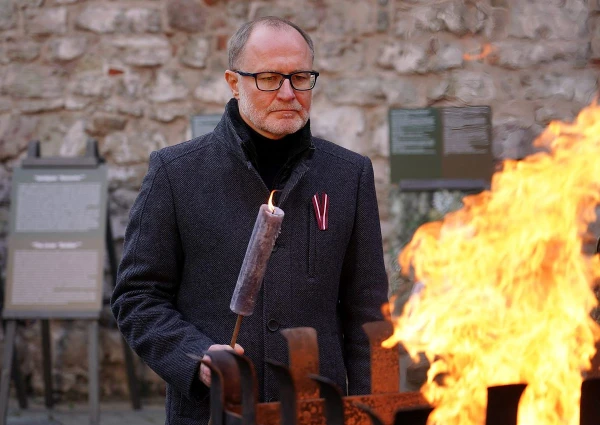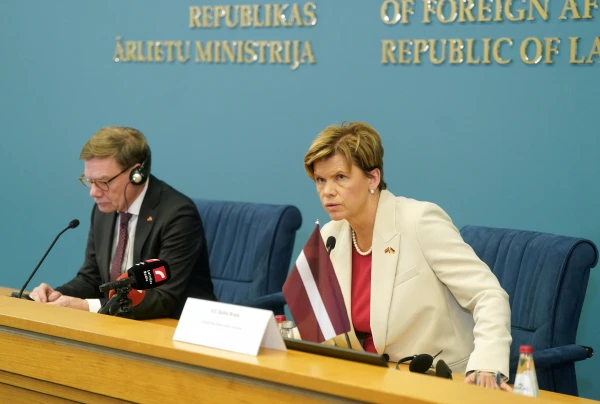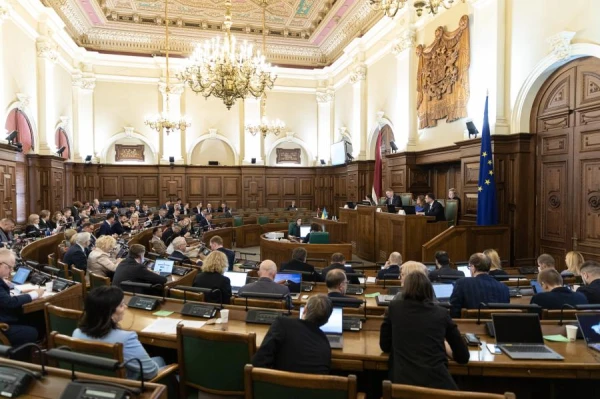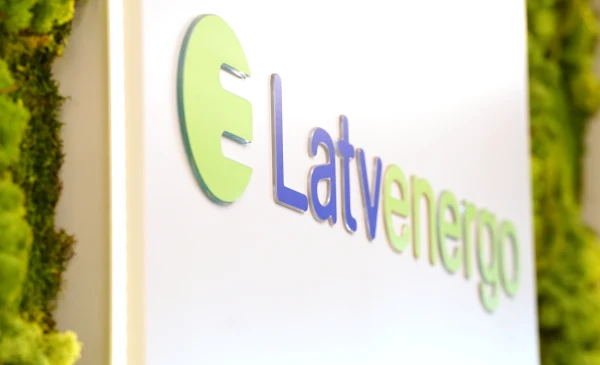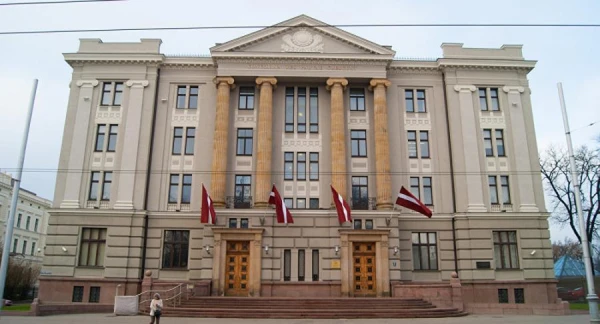
After a bit of a struggle with the opposition, Latvian authorities pushed through a new EU climate directive in the Saeima. Due to it, fuel may significantly increase in price for residents of Latvia, but responsible officials claim that it is not as bad as it seems.
Brussels Threatens with Fines
The coalition in the Saeima, overcoming opposition resistance, adopted amendments providing for the introduction of a new CO2 emissions trading system in the EU. The new system is called ETS2 (Emissions Trading Scheme), and it will cover construction, transportation, and other sectors of the economy that were not previously included in this scheme.
According to the Ministry of Climate and Energy, the essence of the amendments adopted in the Saeima on October 10 to the "Pollution" law, as well as the bills "On Economic Resilience" and "On Transport Energy," is the development and expansion of the availability of local energy resources in the future.
Moreover, the Ministry of Climate and Energy claims that if the directive is not adopted, Latvia will face a fine of about 300 million euros for failing to meet EU requirements.
The opposition, however, assured that the adoption of the directive would lead to a sharp increase in fuel prices — from 26 to 40 euro cents per liter. And this is true — prices will rise. "Info 100%," as they say nowadays on the internet.
Half-Truth or Half-Lie
It was amusing to watch how the Minister of Climate and Energy, Kaspars Melnis, twisted to avoid publicly uttering the dreadful word "price increase."
The information about the allegedly impending sharp rise in fuel prices associated with the pollution bill is not true, the minister stated. "Neither this year nor next year is an increase in payments related to climate regulations planned," Melnis explained. According to him, the forecasts being spread mislead the public, and the ministry, together with the industry and other agencies, is looking for ways to reduce energy resource costs, including fuel for transportation. The minister also noted that no new levies are planned for locally produced renewable fuel.
How cleverly Mr. Minister wrapped it up. Yes, indeed, nothing will happen this year or next, as the directive will come into effect in 2027. But in 2027, residents of Latvia will already start financing the bright EU climate goals from their own pockets.
Yes, indeed, ETS2 does not apply to biofuels. But will Latvia be able to fully switch to biofuels by 2027? Of course not. Another half-truth or half-lie from the minister.
Officials also reassure the population that fuel prices are influenced by many factors, including tax policy and market conditions. For example, they say that in Lithuania, since the beginning of the year, a carbon component of about 0.15 euros per liter has been included in the excise tax to stimulate the production of renewable energy for transportation, yet diesel there is still cheaper than in Latvia.
A hint that Latvia will lower the excise tax on fuel, making it like in Lithuania? When have we ever lowered excise taxes? This is also half-truth-half-lie.
Can We Do Without a Stick?
It is also amusing that the Ministry of Climate and Energy, long before the last vote in the Saeima, when passions flared up and the population became interested in the topic, calmly acknowledged the future rise in gasoline and diesel prices. But they added a lot of caveats to this. For example, they said that yes, due to the adoption of amendments to the "Pollution" law, prices for fossil fuels will indeed rise, but the increase is expected across the EU, and countries will be able to compensate for it by increasing the share of local energy resources and reducing fossil fuel consumption.
Officials also insist that the goal of the changes is noble and wonderful — to reduce dependence on oil imports and stimulate the use of local resources such as electricity, biogas, and "green" hydrogen. All of this is, of course, wonderful — to reduce dependence. But why push the population into a happy future with a stick, punishing them with high fuel prices? Are there no other methods left? Really? That gasoline and diesel will become more expensive across Europe — does that really calm everyone? What if we just make gasoline and diesel cheaper? Wouldn't that be better for everyone?
Reducing fossil fuel consumption — how is that? Drive less in cars and buses? Switch to electric vehicles, which are 30-40% more expensive than regular cars?
In general, we have many sharp questions, but the answer to them is one — don’t worry, everything will be fine. We are fighting for a better climate here, don’t get in the way with your mercantile interests.
Regarding Latvia, the climate argument is generally brilliant. They say, enough of living here with an average annual air temperature of +7 degrees Celsius. We will make it even colder for you. Enjoy.
Size of the Increase
"An increase in fossil fuel prices is expected across the EU, however, specific calculations are currently impossible, as it is unknown what the price of carbon quotas will be in 2027 when ETS2 comes into force. All forecasts remain mere assumptions, which may differ significantly from the actual situation," our agency previously indicated.
However, what the Latvian ministry could not do, European experts calmly did. It has been calculated that due to the aforementioned quotas, natural gas will rise in price on average across the EU by 0.10 euros per cubic meter by 2029, and by 2030 — by 0.10-0.20 euros per cubic meter.
Gasoline will become more expensive by 0.12 euros per liter by 2029 and by 0.12-0.24 euros by 2030.
Diesel fuel will increase in price by 0.14 euros per liter by 2029 and by 0.14-0.27 euros by 2030.
These figures are, of course, approximate. Experts point out that too many factors remain unknown for now. But that there will be an increase in prices due to Brussels' new idea is a given.
Let’s not forget to add to this increase the rise in fuel excise taxes, which will certainly also happen. The Latvian government views this type of tax as a bottomless barrel from which the necessary amount can always be extracted simply by changing the numbers in the accounting program.
By 2030, excise tax increases will happen more than once, this can also be predicted with a high degree of probability. In five years, we will nostalgically remember what happiness it was when gasoline cost only a couple of euros. Oh, how I wish to return to those times!
How Much It Costs
It has been calculated that due to the aforementioned quotas, natural gas will rise in price on average across the EU by 0.10 euros per cubic meter by 2029, and by 2030 — by 0.10-0.20 euros per cubic meter.
Gasoline will become more expensive by 0.12 euros per liter by 2029 and by 0.12-0.24 euros by 2030.
Diesel fuel will increase in price by 0.14 euros per liter by 2029 and by 0.14-0.27 euros by 2030.
Let’s not forget to add to this increase the rise in fuel excise taxes, which will certainly also happen. The Latvian government views this type of tax as a bottomless barrel from which the necessary amount can always be extracted simply by changing the numbers in the accounting program.

